Every Australian government since Ben Chifley’s has defined our immigration policy in terms of guaranteeing border control and an orderly process of migrant selection. As The Australian’s Paul Kelly argues: ‘The reason boat arrivals excite antagonism — as they do regardless of race, religion or origin — is because they violate the compact between government and the public that has sustained our immigration policy since the late 1940s.’ Every government except, er, two of them — those of Kevin Rudd and Julia Gillard. As Bob Carr wrote in his Diary of a Foreign Minister: ‘The surge in asylum seekers [during the Rudd-Gillard-Rudd era] was a catastrophe and the biggest threat to Australian territorial integrity since World War Two.’
It is matter of record that during the earlier period between 2002 and 2008 when the policies of John Howard and Philip Ruddock were in place, only 133 people arrived on boats. The reckless idiocy of deliberate dismantling these policies, willingly embraced by Labor, egged on by their bedfellows the Greens, resulted in over 50,000 asylum seekers reaching these shores in the same length of time. The human cost of this folly was at least 1,100 unimaginably horrific deaths at sea; probably many more. The financial cost over $10 billion.
As yet again Australia’s intellectual ‘elite’ whip themselves into a frenzy of outrage and indignation over the independent report into the tragic death of 23-year-old Iranian economic refugee Reza Barati on Manus Island, it is worth recalling the bigger picture; that the dangers associated with offshore processing and detention centres are far less than the dangers created by an absence of them.
Former Labor leader Mark Latham argued in this magazine that rather than the Left’s beloved onshore processing being an act of humanitarianism, ‘it’s a death-trap, encouraging people to risk their lives aboard unseaworthy vessels.’ He went on to point out that ‘This is the problem with fanaticism in public life: obsessively held beliefs blind people… to the evidence before them.’
Such blind fanaticism has been in abundance over the last few days, with Greens Senator Sarah Hanson-Young among others angrily blaming Scott Morrison for Mr Barati’s death and calling for the Immigration Minister to resign. With breath-taking hypocrisy, the South Australian senator thus condemns the very man who has so successfully put an end (for nearly six months) to deadly people-smuggling activities; which in theory and most probably in reality has meant he is also responsible for saving the lives of dozens of people, women and children among them. But then again, in the strange world of Ms Hanson-Young and her ilk, drownings at sea take place in a blameless, amorphous moral vacuum where ‘tragedies happen, accidents happen’. Oh, so that’s OK then.
That is not to deny that as the minister responsible for offshore processing, it is imperative that Mr Morrison does everything within his power to ensure there is no repeat of such violence within any detention centre, and that those responsible for the Iranian’s murder are brought to justice. It is worth pointing out that the single best way to stop such tragic events occurring in offshore processing centres is if they are empty. Which is, of course, the whole point of stopping the boats.
Mad men
Whenever the previous Labor government ran into an awkward communications problem, its knee-jerk response was to rush out a lavish, taxpayer-funded ad campaign. Indeed, often it seemed like the miracles promised by the advertising gurus knew no bounds. An ad campaign to promote the non-existent National Broadband Network, complete with tantalising green shiny garden hose-like thingy snaking around our suburbs, was one such wonder. Various stabs at flogging the carbon tax saw everybody from Cate Blanchett to a bloke called Rede Ogden (who conveniently owned a solar panel installation company) spruiking the brave, sunny new word of mass employment and profits to be made in renewables that awaited us. And of course, who can forget the brilliantly effective ‘No Advantage’ print and telly campaign run on distant shores, with its funky typeface and cool graphics, with which Australia’s finest mad men sought to solve the problem of ever-increasing numbers of boat arrivals by, er, running ads.
So it was with a sense of doom that we heard the news that in order to sell the budget to the taxpayer that they forgot to sell properly in the first place, Mathias Cormann and Co were contemplating handing the responsibility over to adland. Mercifully, Tony Abbott swiftly reassured parliament this was not the case.
Rather, we learn, the government will be splashing out on direct marketing, flyers in doctors surgeries, radio spots (but no TV! Definitely not!) and so on to ‘inform’ core groups about the budget. Better not tell The Gruen Transfer.
Got something to add? Join the discussion and comment below.
Get 10 issues for just $10
Subscribe to The Spectator Australia today for the next 10 magazine issues, plus full online access, for just $10.
You might disagree with half of it, but you’ll enjoy reading all of it. Try your first month for free, then just $2 a week for the remainder of your first year.


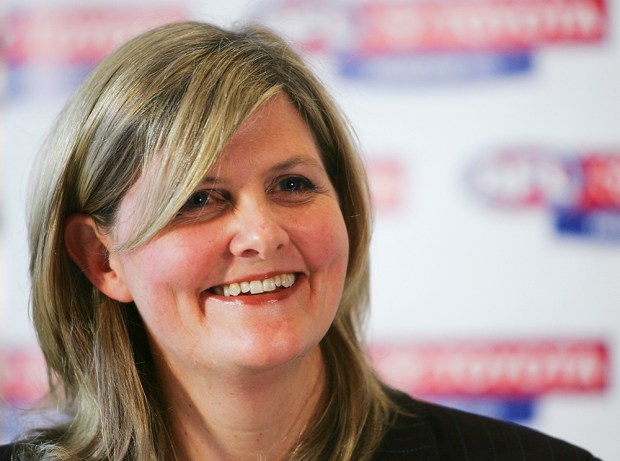
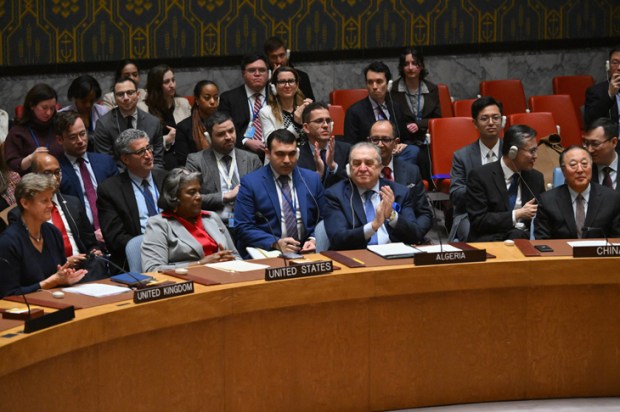
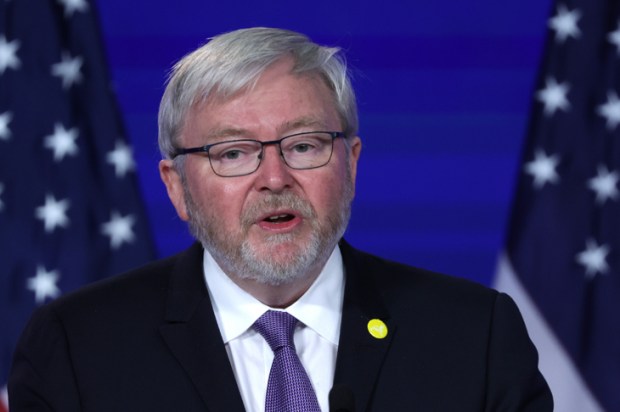
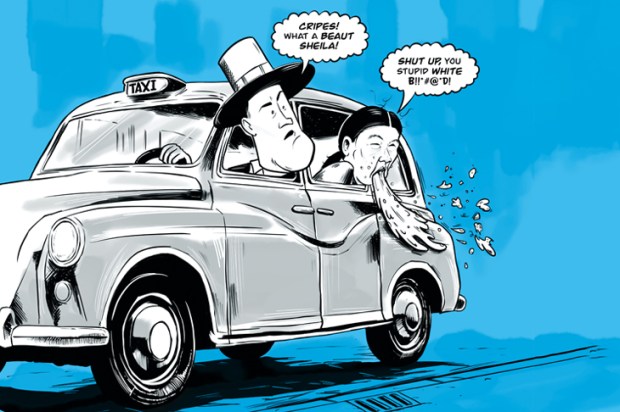
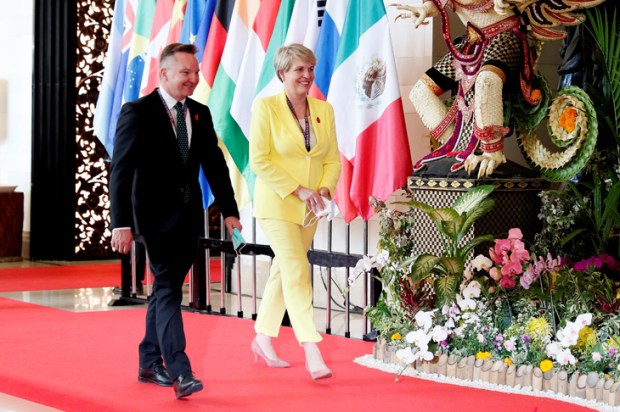
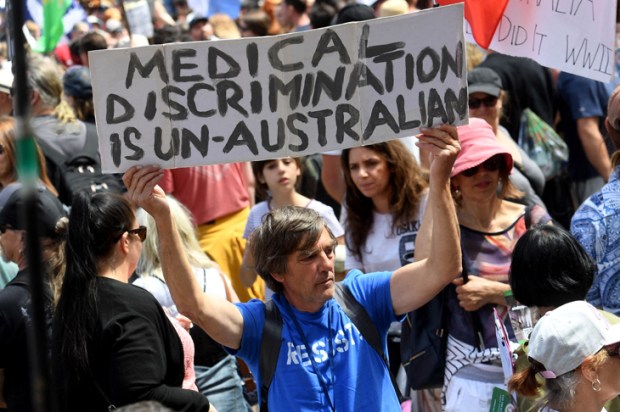






Comments
Don't miss out
Join the conversation with other Spectator Australia readers. Subscribe to leave a comment.
SUBSCRIBEAlready a subscriber? Log in